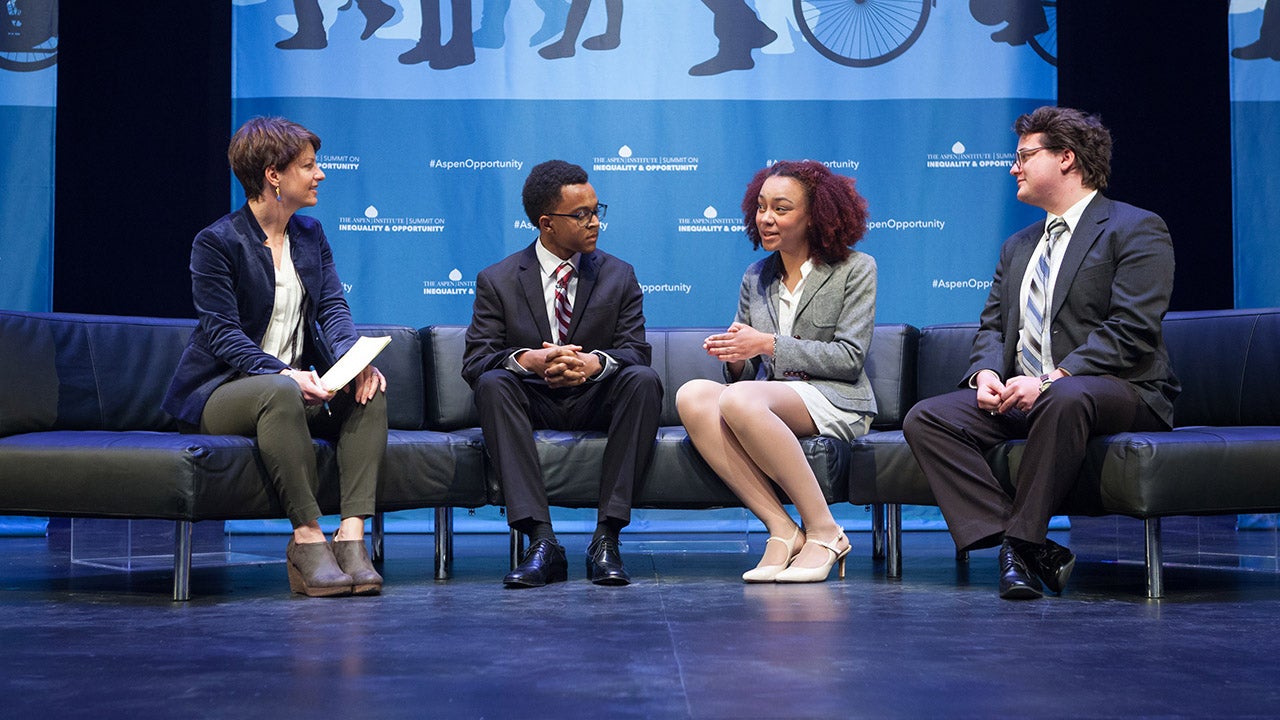Gitanjali Rao is an inventor, aspiring scientist, author, speaker, and worldwide promoter of STEM. Rao received an EPA Presidential award and has been honored in Forbes “30 Under 30 in Science,” and as TIME’s first “Kid of the Year” for her innovations and global STEM workshops. Before she takes the stage at Aspen Ideas: Health in June, she agreed to chat with us about her work and how to encourage more kids to become interested in the sciences.
When did you realize you wanted to become a scientist?
There was no special moment when I wanted to pursue science. I always loved watching the news with my parents and sharing solutions to problems we face in our community. Slowly I realized that I have an affinity to try science and technology for solutions.
What projects are you working on now?
I am working on continuing my research on earlier diagnoses of prescription opioid addiction. This summer I will be mentored by some accomplished professors on deepening my research abilities and learning more about Biosensors for detecting parasitic water contamination.
Is there a particular physical or mental health issue that is of importance to you?
I am UNICEF Youth Advocate and have partnered with the organization to launch a service called Kindly to prevent cyberbullying. The impact of social media and cyberbullying is an issue that is of importance to me especially being a teenager. We tend to gauge ourselves on what others think of us and if social media is not used the right way, we are impacted mentally.
How can parents and teachers encourage young people to become interested in science?
My parents encouraged me to try several things even when I am not good at them. A lot of my learning happened in and outside the school walls in museums, local libraries, local recreation centers, STEM Scouts clubs, or 4H clubs. The best support I received from my teachers, mentors, and parents is the encouragement and confidence that I can come up with a solution and it can make a difference in society. They always looked for networks or resources where I can further learn. Some of my projects took 3-4 years and are still evolving and I was taught to move ahead with grit and a growth mindset. My projects or initiatives never ended with an award or recognition. The teachers and mentors used these as motivating factors for me to set deadlines, gain investment, or receive feedback.


